Tharwat Lovett, MAP
How many times have you made plans for your day, week, month or year only for those plans to be interrupted by life? It is not an uncommon occurrence for reality to fall short of, or occasionally exceed, our expectations. Expectations are predicted outcomes or preplanned courses of events. When expectations are met, we feel safe and prepared. When expectations are exceeded, we feel joy and gratitude. When expectations are unmet, we feel angry or disappointed. Point being, the establishment of expectations and their relationship with reality yield emotional reactions. As a result, expectations give our conditions power of influence over our emotional state of being.
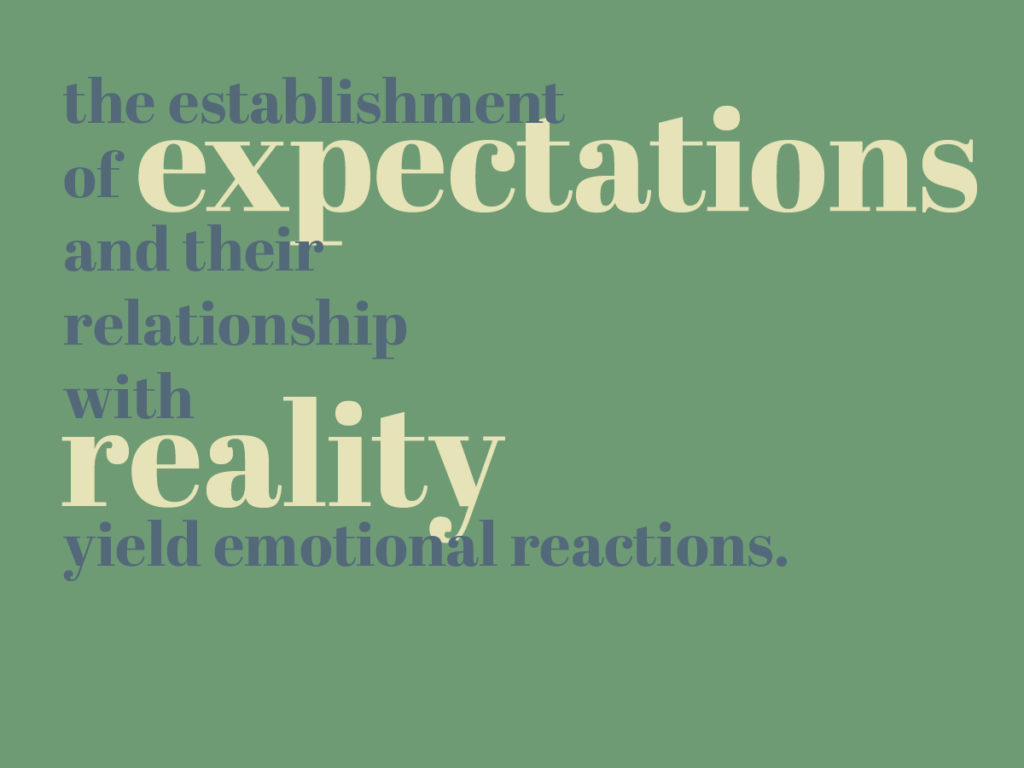
If we are reactive human beings, then we allow our emotions to influence our mental narratives. When we do so, we give up a certain amount of control, allowing our conditions to heavily impact the story of us. Author Stuart Wilde believes negative emotions are a human creation—that they do not exist in the universe outside the human expression of them. He goes on to say that what triggers these negative emotional reactions are the gaps between expectations and reality. When we expect compliance from our conditions, when we require conditional conformity to the prescriptions written by our expectations, we in essence are giving up power to the people, places and things from our external world.
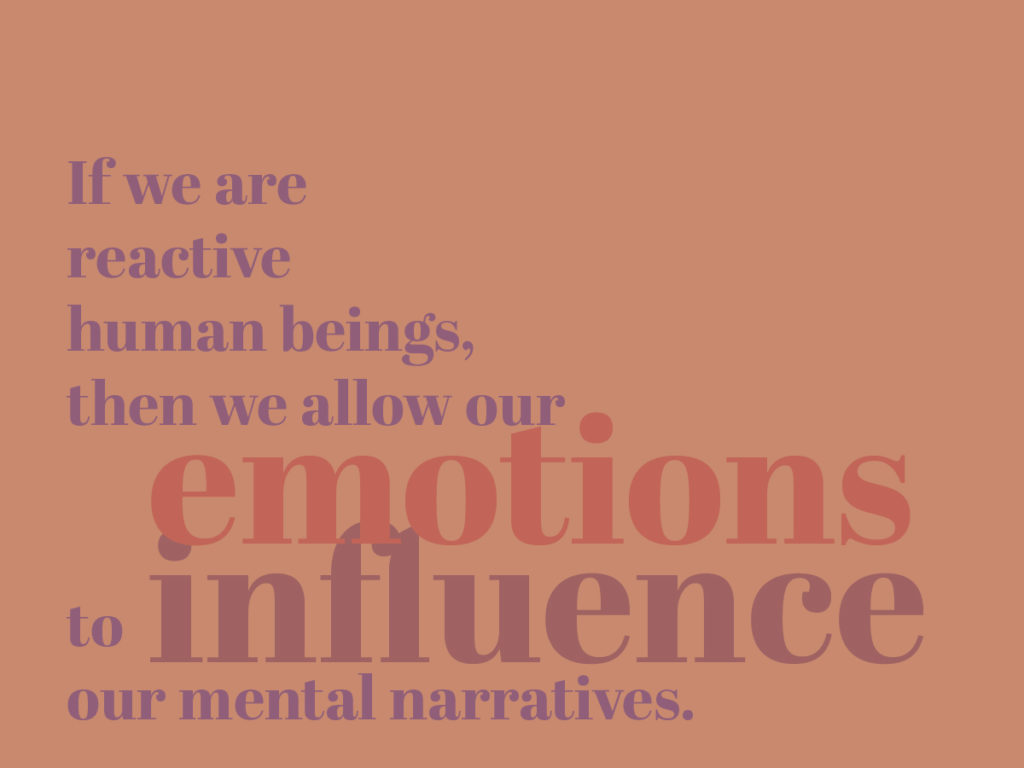
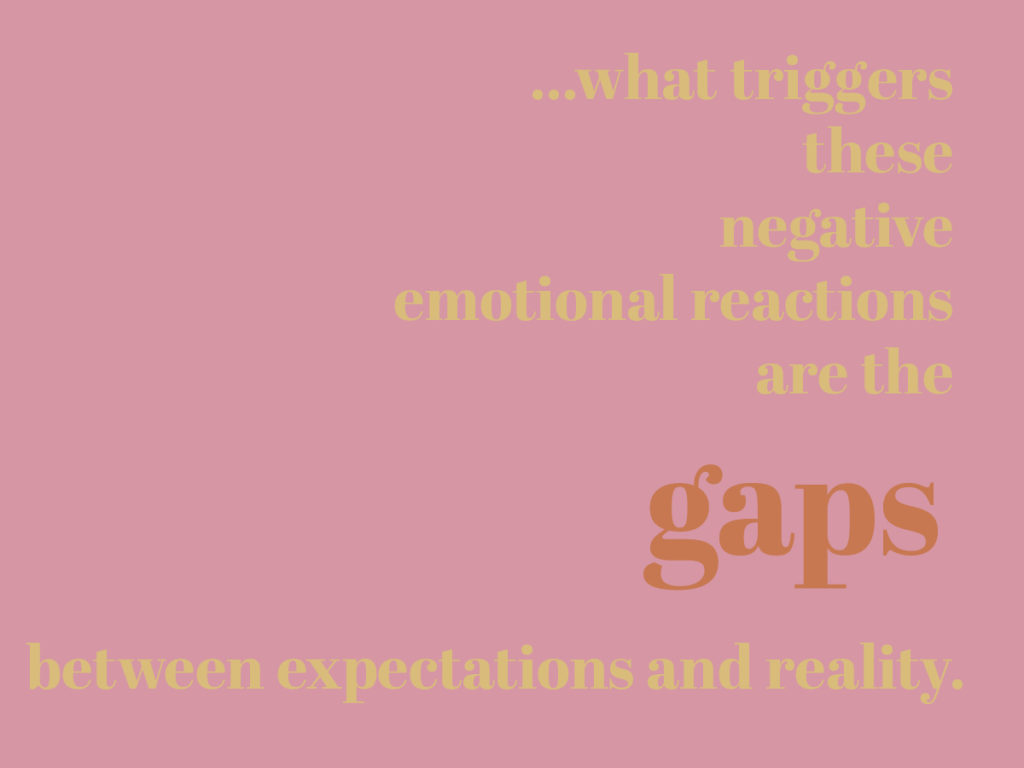
How do we take back our power? First and foremost, becoming aware of our expectations will allow us to begin the process of taking inventory. Identify which ones we may be willing to eliminate altogether, which ones we can edit and for those we feel are necessary, which ones we can prioritize. It is near impossible to eliminate expectation all together, but we can train ourselves to expect cautiously and sparingly.
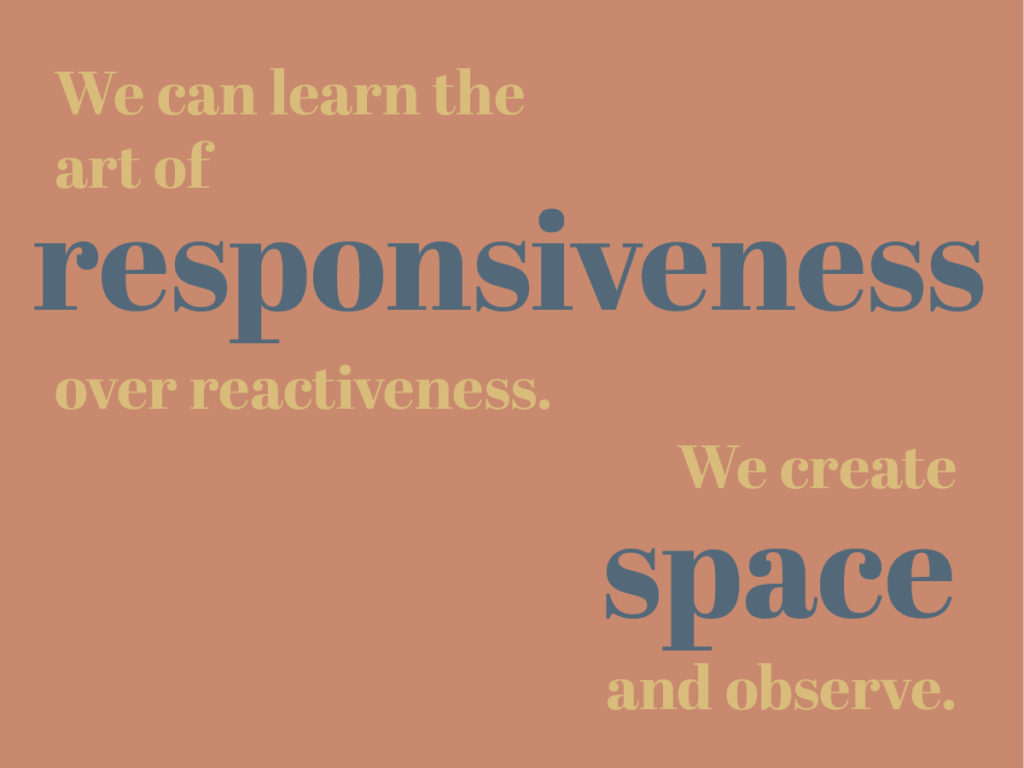
Secondly, we can learn the art of responsiveness over reactiveness. This means when reality goes off script from our plans, we resist the urge to emotionally react instantly. Instead, we create space and observe. Viktor Frankl suggests that true power is the space between stimulus and response. In this space we have not only the power to observe with greater clarity, but also the power to choose an intentional response—therefore, responding to our conditions rather than reacting to them.
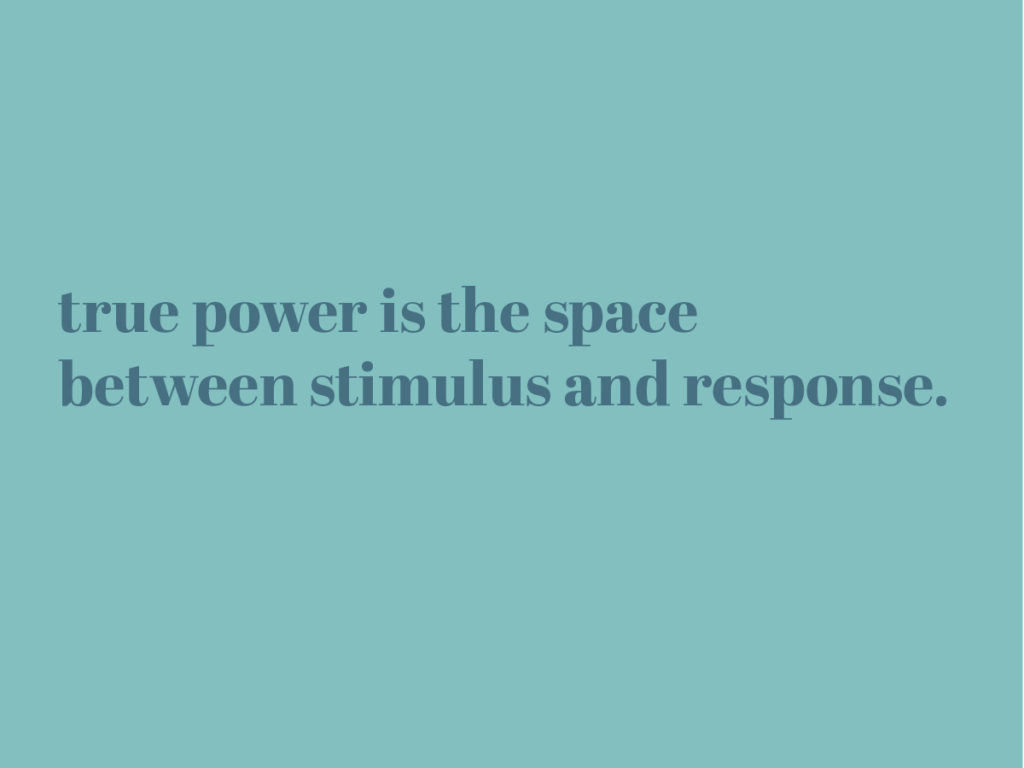
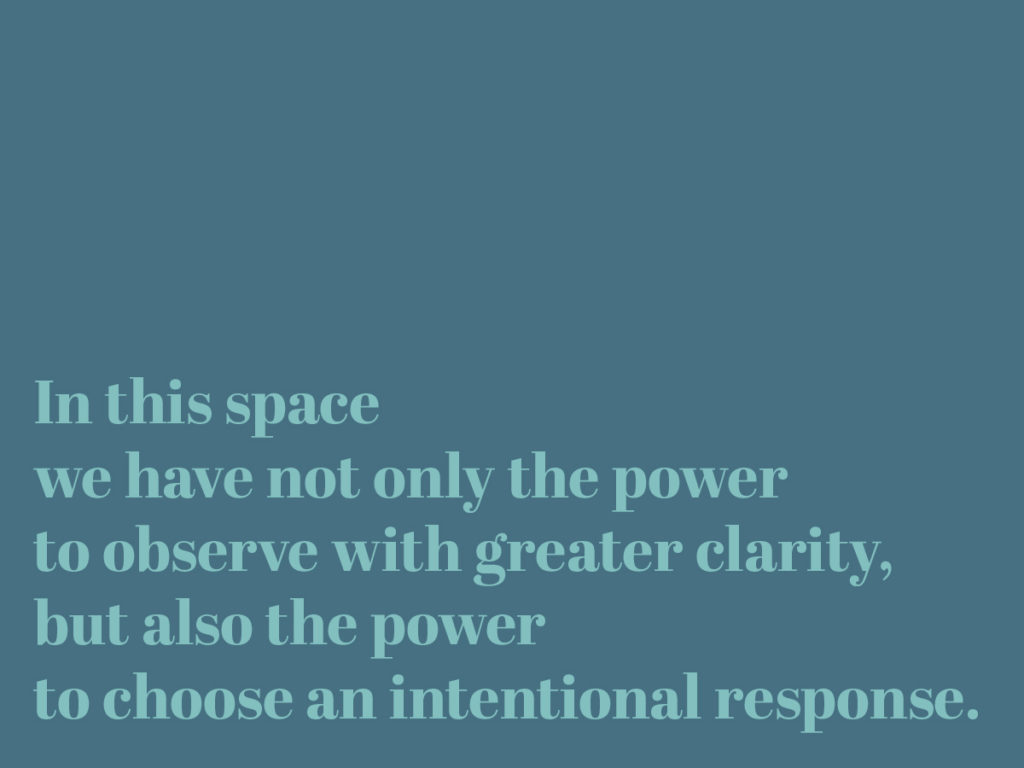
When we successfully remove the contingency of our emotional state of being from our conditions, we not only invite a great deal more peace into our lives but we also succeed in taking back the control and power that is rightfully ours.